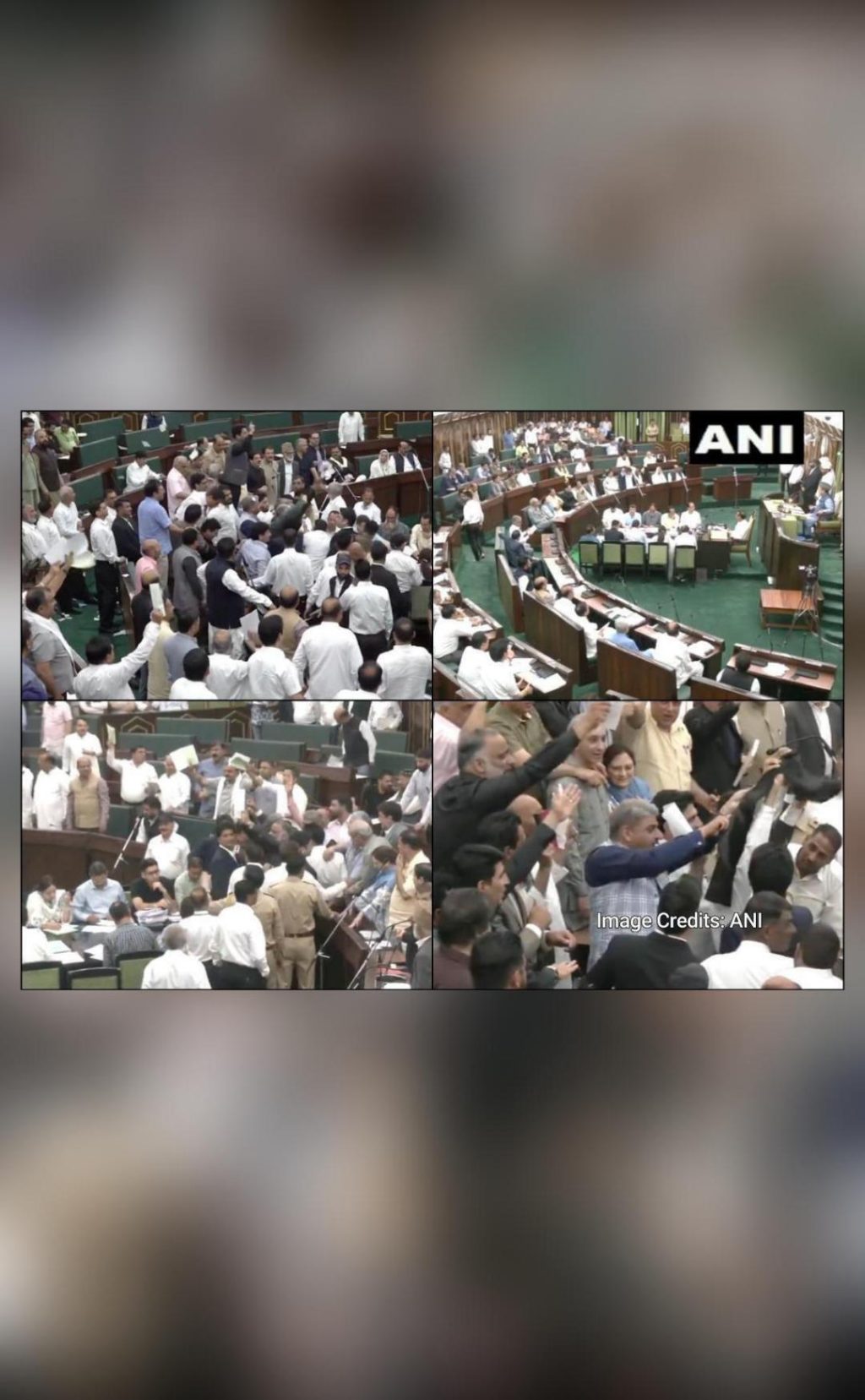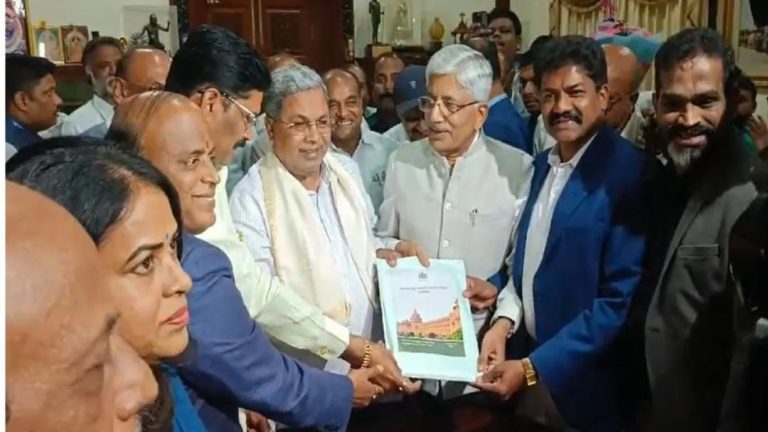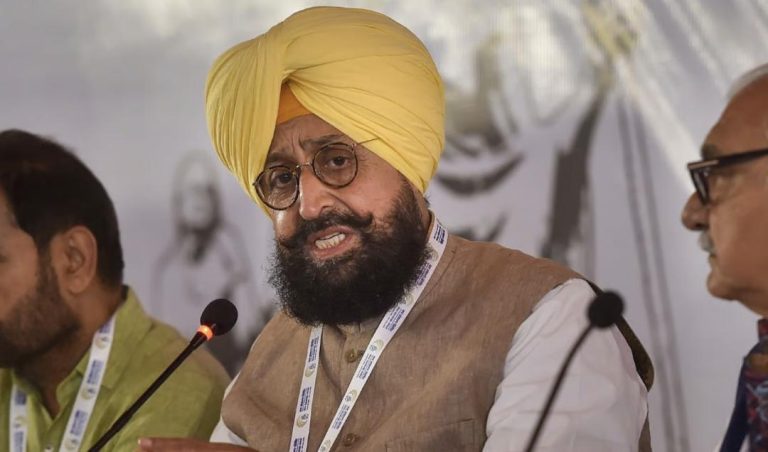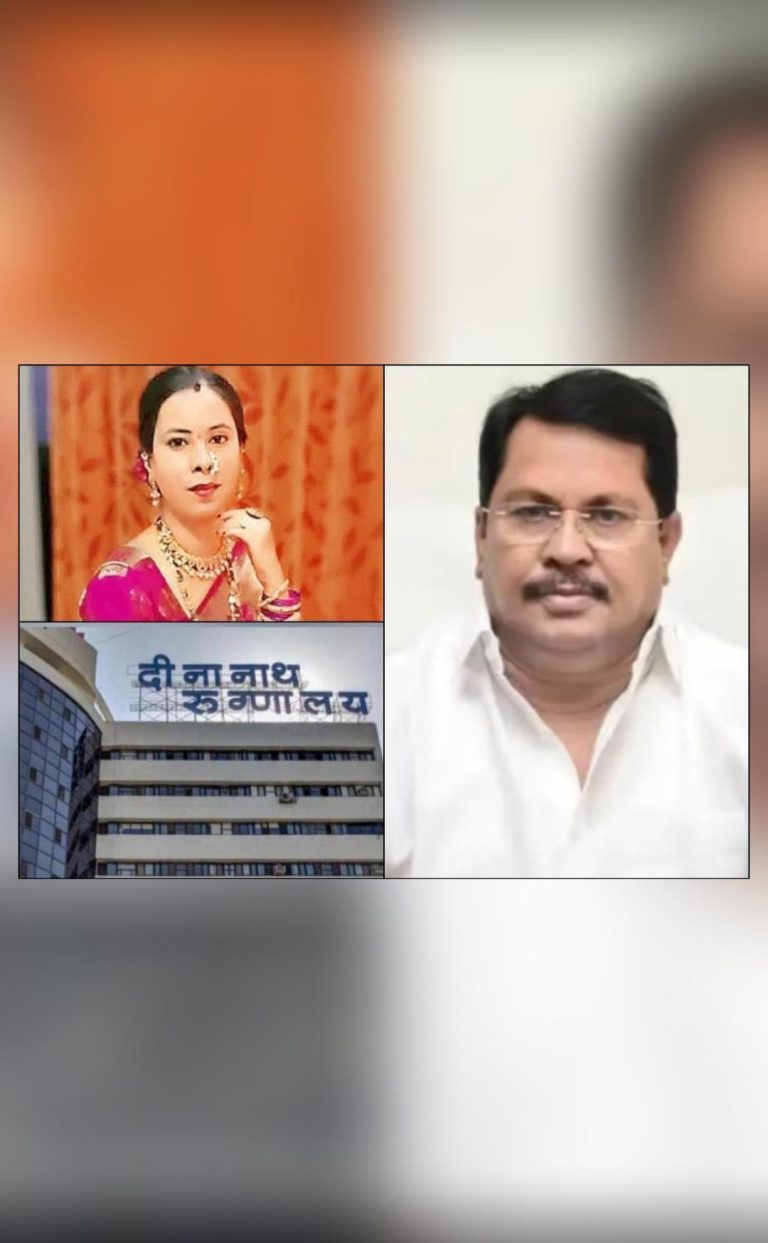
Jammu & Kashmir Assembly adjourned amid uproar over Waqf Act
The Jammu and Kashmir Assembly witnessed a dramatic scene on Monday as the House was adjourned amid uproar and chaos over the Waqf Act. The Speaker of the Assembly, Abdul Rahim Rather, denied an adjournment motion moved by National Conference (NC) MLAs, leading to protests from both the NC and Bharatiya Janata Party (BJP) MLA’s.
The adjournment motion was moved by NC MLA’s to discuss the Waqf Act, which they claimed was being misused by the government to dispossess Muslims of their property. The NC MLA’s argued that the Act was being used to grab waqf properties, which were meant to be used for religious and charitable purposes, and were instead being sold off to private individuals.
However, the BJP MLA’s were not willing to let the matter pass and demanded that the Question Hour be held as scheduled. They argued that the Waqf Act was a state subject and the Centre had no role to play in it. The BJP MLA’s also claimed that the NC MLA’s were trying to divert attention from the real issues and were using the Waqf Act as an excuse to attack the government.
The Speaker, Abdul Rahim Rather, denied the adjournment motion, saying that the House was already facing a backlog of business and that the Waqf Act was not a priority issue. He also warned the MLA’s that any further disruption of the House proceedings would not be tolerated.
The denial of the adjournment motion led to an uproar in the House, with both the NC and BJP MLA’s shouting slogans and demanding that the Speaker reconsider his decision. The situation became so tense that the Speaker had to intervene personally to restore order in the House.
The BJP MLA’s, led by their leader, Ravinder Raina, staged a walkout from the House, protesting the Speaker’s decision. The NC MLA’s also staged a walkout, but only after making their opposition to the Waqf Act clear.
The adjournment of the House was a setback for the NC MLA’s, who had hoped to raise the issue of the Waqf Act and highlight the alleged misuse of the Act by the government. The BJP MLA’s, on the other hand, were able to claim that they had exposed the NC’s “hypocrisy” on the issue.
The situation in the Jammu and Kashmir Assembly is a reflection of the deepening political crisis in the state. The NC and BJP are bitter rivals, and the Waqf Act has become a pawn in their struggle for power.
The Waqf Act was enacted in 1996 to regulate the management of waqf properties, which are religious and charitable endowments. The Act was aimed at ensuring that these properties were used for their intended purposes and were not misused by anyone.
However, in recent years, there have been allegations of corruption and mismanagement in the management of waqf properties. The NC MLA’s have claimed that the government is using the Waqf Act to grab waqf properties and sell them off to private individuals, while the BJP MLA’s have claimed that the NC is trying to use the issue to deflect attention from its own failures.
The debate over the Waqf Act is not new to Jammu and Kashmir. In 2019, the government had to withdraw a proposal to amend the Waqf Act after protests from religious organizations and the opposition parties.
The current controversy over the Waqf Act is a major setback for the government, which is already facing a lot of criticism over its handling of the state’s economy and governance. The government has been accused of mismanaging the state’s resources, including its waqf properties, and of not doing enough to address the state’s economic and social problems.
In conclusion, the adjournment of the Jammu and Kashmir Assembly amid uproar over the Waqf Act is a reflection of the deepening political crisis in the state. The issue has become a pawn in the struggle for power between the NC and BJP MLA’s, and it is unlikely to go away anytime soon.






